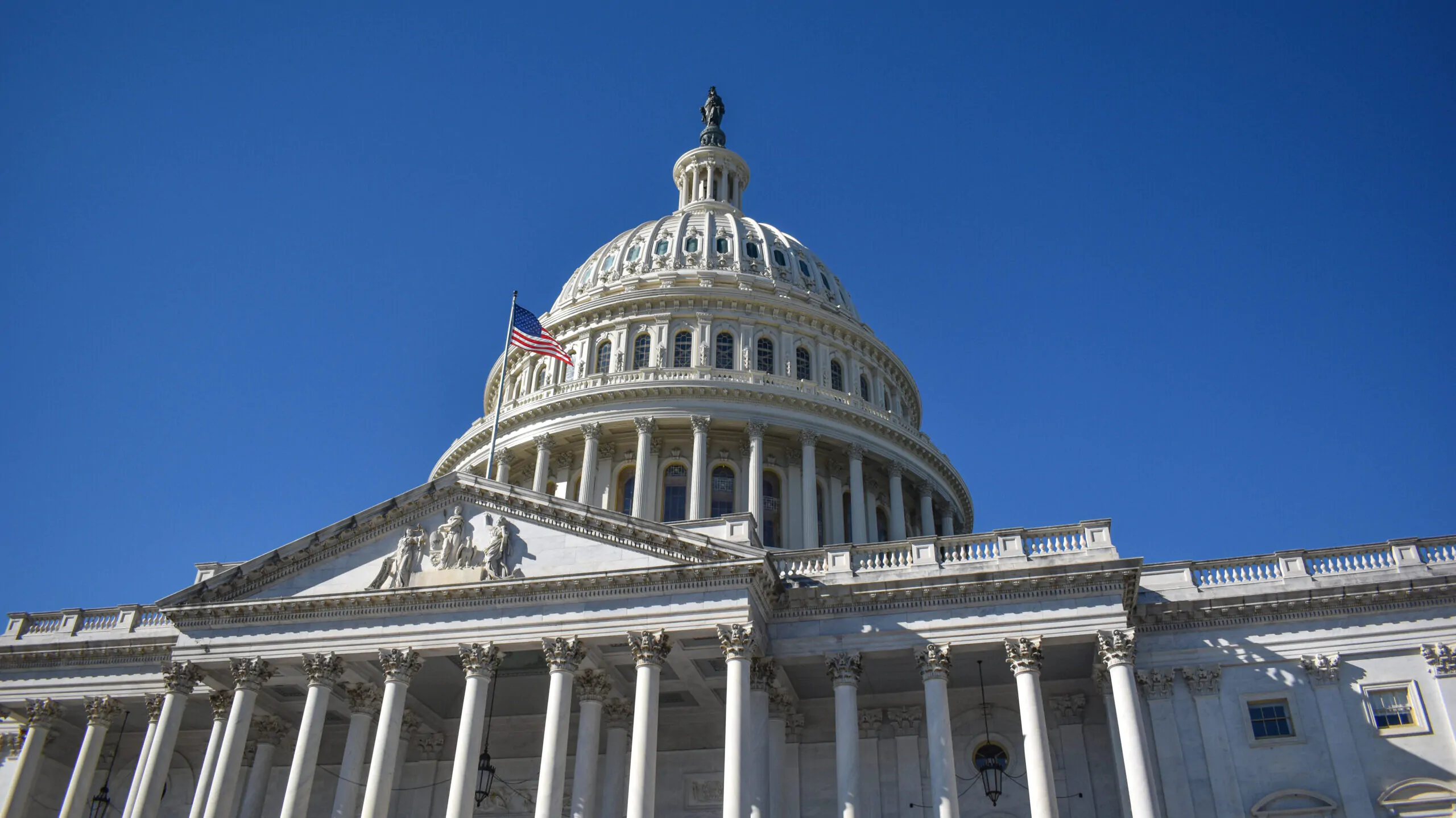U.S. Senator Katie Britt, R-Alabama, joined Senators John Hoeven, R-North Dakota, Tammy Duckworth, D-Illinois, and several of their Senate colleagues Wednesday in introducing two bipartisan bills aimed at strengthening aviation safety and supporting the aviation workforce by “fostering transparency surrounding medication guidelines, improving access to mental health care, and protecting job security for our nation’s commercial pilots and air traffic controllers, ATC,” Britt’s release shared.
“From our pilots to our air traffic control specialists, aviation professionals are working in a uniquely stressful, high-stakes environment. It is our role as legislators to help provide accessible information and resources for those seeking to enter the aviation workforce and individuals currently in these roles,” Britt said. “I will always champion efforts to support our tremendous aviation workforce and ensure that our air traffic controllers and pilots are provided with modern and accessible mental health resources.”
The Aviation Medication Transparency Act would require the Federal Aviation Administration, FAA, to issue “accessible, user-friendly guidance on medications” that are safe for individuals holding, applying for or training for a position that requires an FAA medical certificate—”helping ensure these individuals don’t unknowingly take medications that could jeopardize their careers,” Britt’s release explained.
The FAA currently provides Aviation Medical Examiners with specific guidance on medications that are safe for individuals holding an FAA medical certificate to take—but this information is not easily accessible to pilots, ATCs and other aviation professionals.
As a result, pilots and ATCs with medical certifications may unknowingly take medications that could potentially jeopardize their careers. To help make this information more accessible, the Aviation Medication Transparency Act would require the FAA to create a comprehensive list of medications that are safe for pilots, air traffic control specialists and trainees and indicate what, if any, period of time individuals holding an FAA medical certificate must have limited or no duties while taking this medication.
This legislation is endorsed by the Pilot Mental Health Campaign, Airlines for America, National Air Traffic Controllers Association, National Business Aviation Association, National Flight Training Alliance, United Aerial Firefighters Association and Southwest Airlines Pilots Association.
The Mental Health in Aviation Act would require the FAA to modernize and strengthen access to mental health care—removing barriers to timely treatment, promoting early intervention and supporting the well-being of pilots and ATCs.
To encourage pilots and ATCs to seek care early and improve aviation safety, the Mental Health in Aviation Act would require the FAA to encourage the early disclosure and treatment of mental health conditions and to reduce the stigma surrounding mental health in aviation and allocate $15 million annually from Fiscal Year 2026 through 2029 to the FAA’s Office of Aerospace Medicine to expand and train additional medical examiners, including specialists, to improve the efficiency of the FAA’s Special Issuance Medical Certification process. This legislation would also allocate $1.5 million annually (FY2026–FY2029) for a public information campaign to help reduce the stigma around mental health care in aviation and encourage pilots and air traffic controllers to seek treatment.
This legislation is endorsed by Airlines for America, Regional Airline Association, the Air Line Pilots Association, National Air Traffic Controllers Association, National Business Aviation Association, Association of Air Medical Services, National Flight Training Alliance, NetJets Association of Shared Aircraft Pilots, Southwest Airlines Pilots Association, Allied Pilots Association, Coalition of Airline Pilots and Pilots Mental Health Campaign.





















































